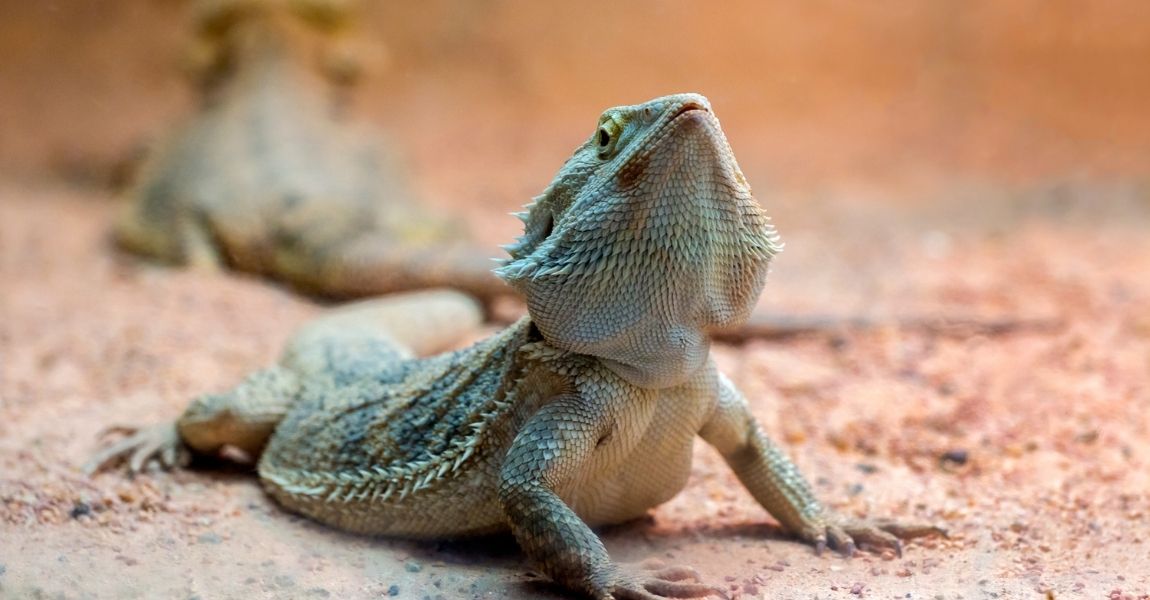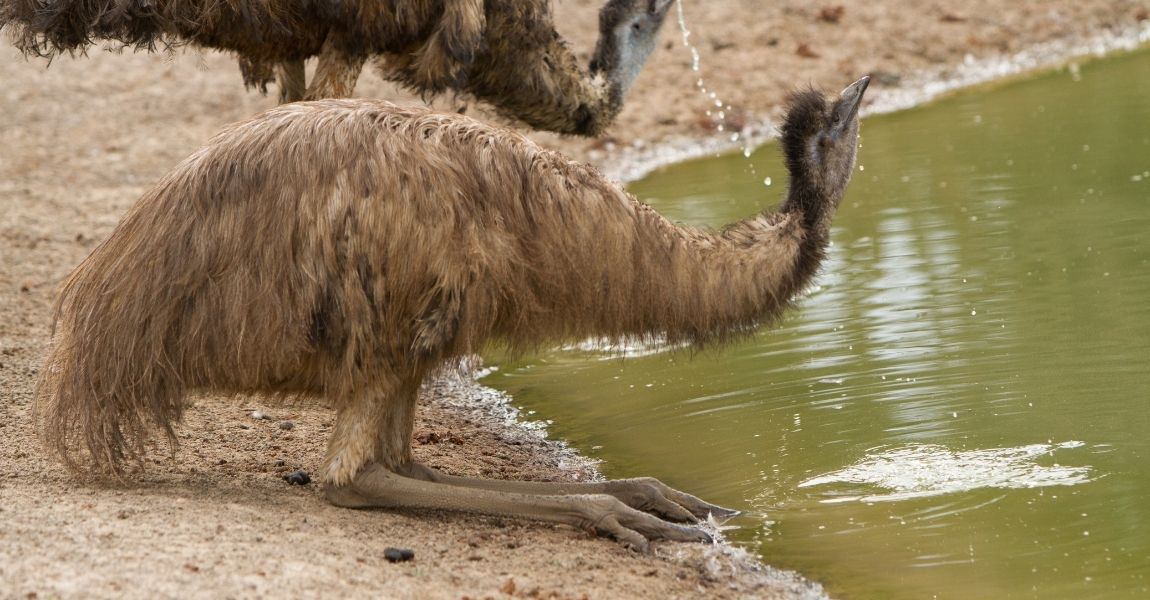Understanding Conure's Strange Behavior: A Guide for Parrot Owners
Introduction:
Conures are colorful and charismatic parrots known for their playful and curious nature. As a conure owner, you may have encountered some strange behaviors exhibited by your feathered friend. While these behaviors can be puzzling and sometimes even worrisome, understanding the underlying reasons behind them can help you provide the best care and support for your conure. In this article, we will explore some common strange behaviors observed in conures and provide insights into their possible causes.
1. Feather Preening Obsession:One peculiar behavior conures often display is an excessive preoccupation with feather preening. You may notice your conure constantly grooming and nibbling at its feathers, sometimes to the point of causing bald spots. This behavior can be attributed to various factors, including hormonal changes, stress, boredom, or even skin irritations. Regular veterinary check-ups and providing ample mental and physical stimulation can help alleviate this behavior.
2. Screaming or Loud Vocalizations:Conures are known for their vocal nature, and occasional loud vocalizations are a part of their natural behavior. However, excessive screaming or persistent loud vocalizations can be distressing for both you and your conure. It is essential to identify the triggers behind such behavior, which can range from seeking attention, expressing excitement or frustration, feeling threatened, or even mimicking sounds in their environment. Ensuring a stimulating and enriching environment, along with positive reinforcement training techniques, can help minimize excessive vocalizations.
3. Feather Plucking or Self-Mutilation:Feather plucking is a concerning behavior where conures excessively chew or pull out their feathers, leading to bald patches or even open wounds. This behavior can be triggered by various factors, including stress, anxiety, boredom, lack of mental or physical stimulation, nutritional deficiencies, or medical issues. Identifying the root cause is crucial, and consulting a veterinarian is recommended to rule out any underlying health issues. Addressing the underlying cause, providing environmental enrichment, and offering a balanced diet can help alleviate feather plucking behavior.
4. Aggression or Biting:Conures are generally social birds, but they may exhibit aggressive behavior or biting in certain situations. Aggression can stem from fear, territorial instincts, hormonal changes, feeling threatened, or even lack of socialization. Understanding your conure's body language, providing positive reinforcement training, and gradually introducing socialization opportunities can help manage and reduce aggressive behavior.
5. Night Frights:Some conures may experience night frights, which are sudden episodes of panic or agitation during the night. Night frights can be triggered by external disturbances, unfamiliar sounds, sudden changes in lighting, or even nightmares. To help prevent night frights, ensure a secure and comfortable sleeping environment for your conure. Using a night light and providing a consistent and quiet sleeping area can help reduce the occurrence of these episodes.
Conclusion:Understanding your conure's behavior is essential for maintaining their overall well-being and creating a harmonious bond between you and your feathered companion. By recognizing and addressing strange behaviors, you can provide the necessary care, support, and environmental enrichment to ensure a happy and healthy life for your conure. If you have concerns about your conure's behavior or notice any persistent or concerning changes, consulting with an avian veterinarian is always recommended to rule out any underlying health issues. With patience, love, and proper understanding, you can navigate and resolve many of the strange behaviors exhibited by your conure, fostering a strong and fulfilling relationship.





